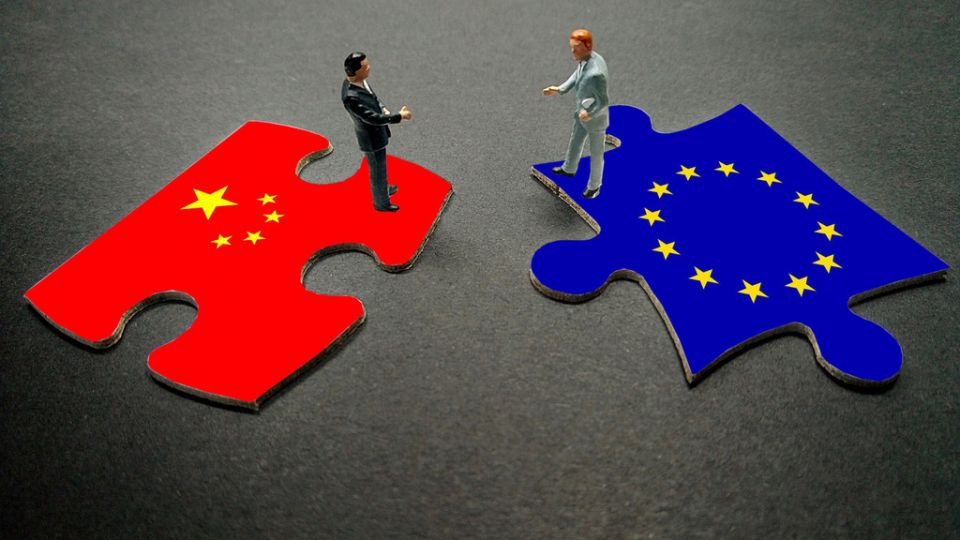September 13, 2019
The article is an editorial from Chinese State Media.
With the United States indiscriminately wielding the baton of trade protectionism, no country including its allies is immune to the toxic effects of the US’ policies. Therefore, it is a relief to see the incoming European Union leadership determined to buttress multilateralism and oppose US protectionism.
Naming her 27-member team on Tuesday, Ursula von der Leyen, the European Commission’s president-elect, said: “I want the European Union to be the guardian of multilateralism. Because we know that we are stronger by doing together what we cannot do alone.”
Such a stance, consistent with the outgoing EC’s leadership, is comforting in these times of unilateralism. It not only sends a positive signal to the world, including the EU’s partners, such as China, but also shows how the bloc can cope with the many challenges that lie ahead.
Indeed, at a time when the US administration shows an increasing penchant for intensifying the trade war, even Washington’s closest allies in Europe could soon feel the full force of the US’ “America first” strategy.
That there is obvious anxiety in the EU leadership over trans-Atlantic trade frictions is reflected in the remarks of the EC’s incoming trade representative, Phil Hogan, who pledged to seek to convince the US leader to see “the error of his ways” and abandon some of his “reckless” trade policies.
Yet, aside from trade, European leaders cannot see eye to eye with the US leadership about other important global issues, too, including climate change and the Iran nuclear deal, as the US president has single-handedly torn apart important international and multilateral agreements.
Admittedly, multilateralism, which helps build consensus to resolve disputes through negotiations and diplomatic efforts, is facing increasing challenges as the winds of unilateralism continue to blow from the US.
Fortunately, influential international organizations such as the EU still promote multilateralism and free trade. Facing multifaceted challenges, the world needs cooperation, not confrontation.
By resorting to confrontation, no country can expect to solve any of its problems. Instead, by so doing, it will cause even greater damage to itself and create more uncertainties for the world.
With China and the EU both advocating multilateralism and cooperation, and sharing similar views on many global issues, it is hoped the new leadership in Brussels will join hands with Beijing in eliminating the threats posed by the US’ protectionist and unilateral policies.


